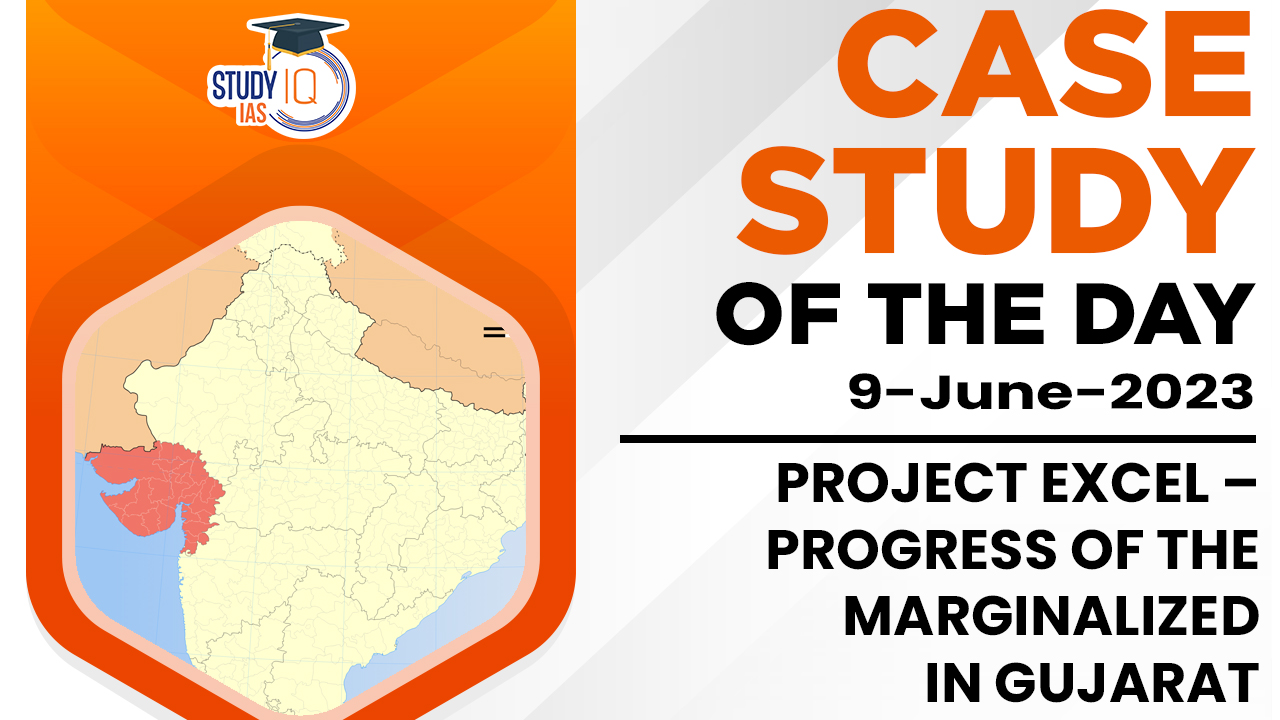Table of Contents
Introduction
Project EXCEL (Empowering Xcluded Communities for Equitable Lives) is a comprehensive initiative launched in 2017 by the state of Gujarat, aimed at uplifting and empowering marginalized communities.
Objectives
- Enhance the socio-economic status of marginalized communities.
- Provide access to quality education and skill development.
- Improve healthcare and sanitation facilities.
- Foster entrepreneurship and economic self-reliance.
- Promote social inclusion and eliminate discrimination.
Key Strategies and Interventions
- Education and Skill Development: Project EXCEL established special schools, implemented scholarship programs, and provided vocational training to enhance employability.
- Healthcare and Sanitation: The project aimed to improve healthcare facilities in marginalized areas by constructing hospitals, clinics, and health centers. It also promoted awareness campaigns on hygiene, sanitation, and preventive healthcare practices.
- Economic Empowerment: Project EXCEL facilitated the formation of self-help groups (SHGs) and provided financial assistance, training, and mentorship to promote entrepreneurship among marginalized individuals. It also established common facility centers to support small-scale industries.
- Social Inclusion: To address social discrimination, Project EXCEL conducted awareness campaigns, sensitization workshops, and community dialogues to promote harmony and inclusiveness. It encouraged the participation of marginalized communities in decision-making processes.
Outcomes and Impact
- Education: The project led to an increase in school enrollment rates among marginalized children. Dropout rates decreased, and educational attainment improved due to the availability of quality infrastructure, scholarships, and vocational training opportunities.
- Healthcare: Access to healthcare services improved significantly in marginalized areas. The establishment of medical facilities and awareness campaigns resulted in better health outcomes and reduced mortality rates.
- Economic Empowerment: Through the formation of SHGs and skill development programs, Project EXCEL enabled marginalized individuals to start their businesses, leading to increased income generation and economic self-sufficiency.
- Social Inclusion: The project’s efforts to raise awareness and promote social harmony resulted in reduced discrimination and enhanced social integration among marginalized communities.
Challenges and Lessons Learned
- Awareness and Participation: Ensuring active participation and involvement of marginalized communities proved challenging due to low awareness and initial resistance to change.
- Resource Allocation: Balancing the allocation between different aspects of the project required careful planning and periodic assessments.
- Sustainability: Ensuring the long-term sustainability of the project’s impact necessitated creating a supportive ecosystem involving government agencies, non-governmental organizations, and community stakeholders.
Conclusion
- Project EXCEL in Gujarat exemplifies a comprehensive approach to uplift marginalized communities.
- Through its interventions in education, healthcare, economic empowerment, and social inclusion, the project has successfully improved the lives of the marginalized, enabling them to lead more equitable and prosperous lives.


 SSC CGL Exam 2025 Apply Online Starts Ap...
SSC CGL Exam 2025 Apply Online Starts Ap...
 Daily Quiz 19 April 2025
Daily Quiz 19 April 2025
 Vehicle-to-Grid (V2G) Technology and its...
Vehicle-to-Grid (V2G) Technology and its...





















